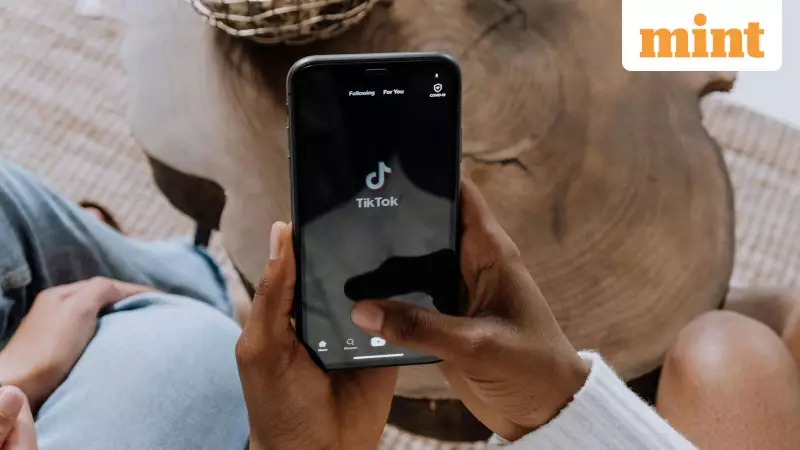
The vibrant digital community of Mali is in mourning following the brutal execution of Mariam Cisse, a popular young TikTok creator from Tonka in the northern Timbuktu region. The tragedy has sent shockwaves across the nation and highlighted the extreme dangers faced by those using social media in conflict zones.
The Abduction and Public Execution
According to eyewitness accounts, the horrifying incident began on November 6 when armed rebels captured Mariam Cisse while she was actively live-streaming from a local market. The assailants specifically accused the 20-year-old of being an informant for the Malian army, allegedly sharing details about rebel movements through her social media activities.
After being held captive overnight, the young content creator was brought back to her hometown the following day. In a scene that has sparked nationwide outrage, Mariam was taken to Tonka's Independence Square where she was executed in front of a helpless crowd that included her own brother. The public nature of the killing has raised serious questions about security failures in the region.
A Voice Silenced: Mariam's Digital Legacy
Mariam Cisse had built a substantial following on TikTok, with nearly one lakh followers that continued to grow rapidly even after her tragic death. Her content stood out for its energetic blend of humor, daily life observations, social commentary, and open support for the Malian armed forces.
Her TikTok page frequently featured videos of her wearing military uniforms, with captions expressing national pride such as "Long Live Mali." According to Malian state media, Mariam's primary motivation was to highlight her community and express genuine pride in her country through her digital content.
On the day of her abduction, Mariam had been particularly active, sharing five TikTok videos. Her final upload showed her dancing to a song, a normal moment of joy that would become her last communication with her growing audience.
Social Media Outpouring and The Dangerous Video
The shocking execution has triggered an overwhelming response across social media platforms, particularly on TikTok where Mariam built her community. Followers and strangers alike have flooded her page with emotional comments expressing grief, anger, and confusion.
One user questioned, "But why did they kill her?" while another somberly noted, "So, it was after this that they killed her." The awareness of rebel presence on social media platforms was also highlighted by users, with one commenting, "What is certain is that they are active on social media."
Many users pointed to a specific video shared on the day of her abduction as potentially triggering her capture. In this controversial clip, Mariam had revealed her location while delivering an impassioned message: "I am here, I am calling you all, I am speaking to you all. I want to say something, a very important thing. We must stand together, we must stay strong, we must believe in our future. If we unite, we can overcome anything."
Some TikTok users speculated that Mariam might have inadvertently filmed rebels in the background of this market video, leading to her identification and subsequent targeting. One user explicitly stated, "It is because of this video that she was killed. She had filmed them in the market."
The tragic event has also sparked conversations about digital safety, with one follower warning, "Be very careful in life. She posted that video not even three days ago and today she is no more." Another pleaded with TikTok to remove her account entirely as a mark of respect.
This heartbreaking incident occurs against the backdrop of Mali's ongoing struggle with insurgency since 2012, compounded recently by a severe fuel blockade imposed by rebel groups that has dramatically affected daily life across the nation.





